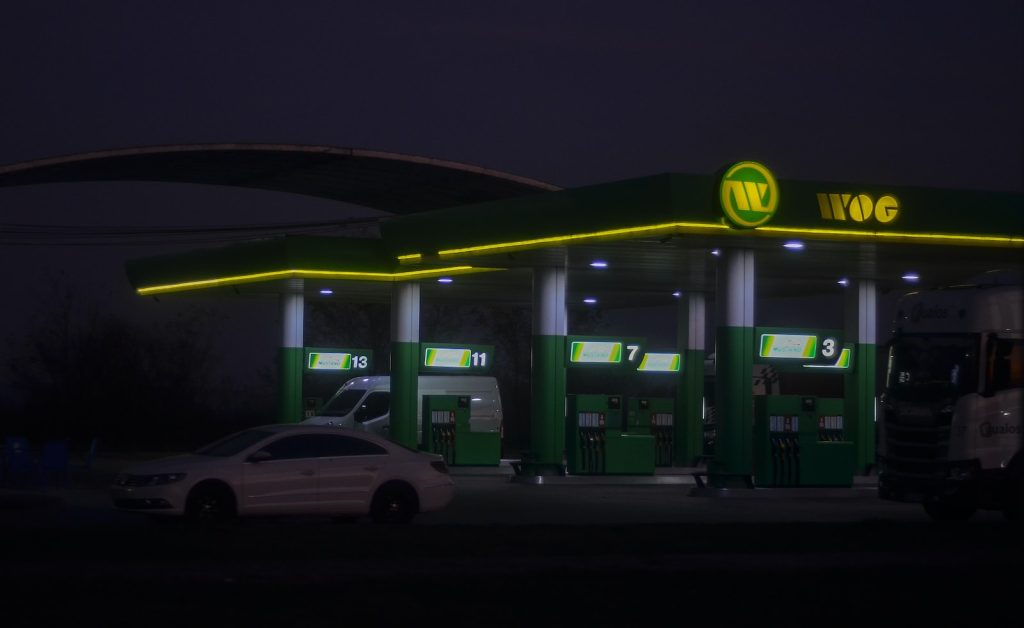Glycérine végétale : Avantages et utilisations pour les soins de la peau
La glycérine végétale est connue comme un humectant en raison de ses propriétés hydratantes. C’est également un additif courant dans les produits de beauté et de soins de la peau, grâce à sa capacité à extraire l’humidité de l’air et à rendre la peau douce et souple. En plus d’être un humectant naturel, la glycérine […]
Glycérine végétale : Avantages et utilisations pour les soins de la peau Lire la suite »




